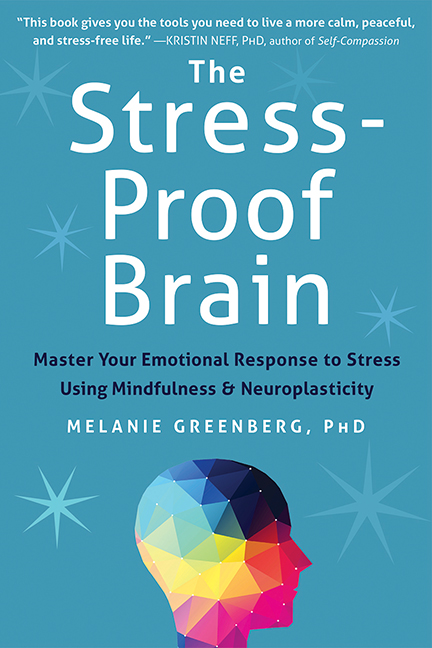As therapists, we’ve all experienced those moments when we’re talking about a stressful topic or doing an exposure intervention and, all of a sudden, the client seems to be flooded with anxiety or gives you a blank, spacey stare. They may even look like they’re about to run out of your office. This is the time to use a grounding strategy.
Clients with past traumas often have a “window of tolerance” for stressful material, and when their threshold is exceeded they dissociate or get flooded with anxiety. Early trauma can interfere with the brain’s ability to modulate the stress response—leading to stressor sensitivity, more intense stress reaction, and slower recovery. Grounding strategies are simple tools that can bring trauma clients back into their bodies so they can feel safe again.
The following steps can help get the client grounded again:
- Stop whatever you are doing. The client has lost the ability to respond to your intervention, so you need to get them back first.
- Ask the client if they are feeling spacey or emotionally flooded. You may teach them the word “triggered” to identify this state.
- Ask the client to feel their feet on the ground or the parts of their body that touch the chair or couch.
- Ask the client to describe three objects in the room, or engage them in conversation about a non-emotional topic.
- Remind the client that they are in the room with you, and that you aren’t going to let anything bad happen to them.
Grounding strategies are simple yet powerful techniques to help the client connect with the safety of the present moment. When clients reengage with what’s happening in the present, they begin to calm down and their anxiety is reduced to a tolerable level. Grounding strengthens the therapeutic bond because it makes trauma clients feel that you understand their experience and that they can trust you to keep them safe.
 Melanie Greenberg, PhD, is a practicing psychologist and executive coach in Marin County, CA, and an expert on managing stress, health, and relationships using proven techniques from neuroscience, mindfulness, and cognitive behavioral therapy (CBT). With more than twenty years of experience as a professor, writer, researcher, clinician, and coach, Greenberg has delivered workshops and talks to national and international audiences. She writes theMindful Self-Express blog for Psychology Today, and is a popular media expert. She is author of The Stress-Proof Brain.
Melanie Greenberg, PhD, is a practicing psychologist and executive coach in Marin County, CA, and an expert on managing stress, health, and relationships using proven techniques from neuroscience, mindfulness, and cognitive behavioral therapy (CBT). With more than twenty years of experience as a professor, writer, researcher, clinician, and coach, Greenberg has delivered workshops and talks to national and international audiences. She writes theMindful Self-Express blog for Psychology Today, and is a popular media expert. She is author of The Stress-Proof Brain.

 2024 Peace Playbook: 3 Tactics to Avoid Clashes with Your Partner
2024 Peace Playbook: 3 Tactics to Avoid Clashes with Your Partner